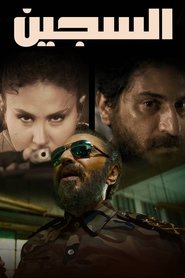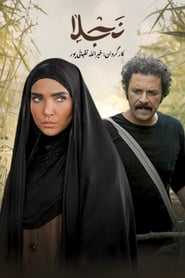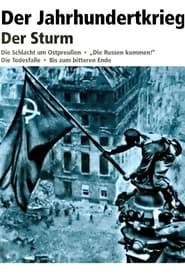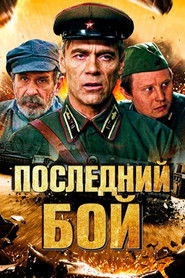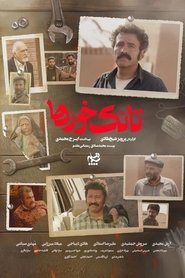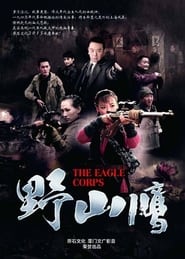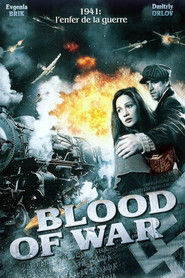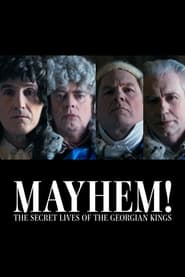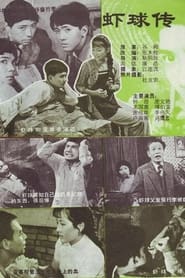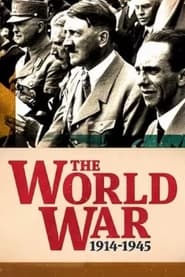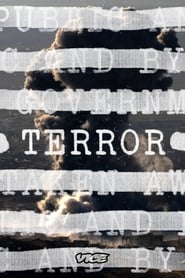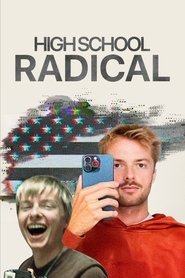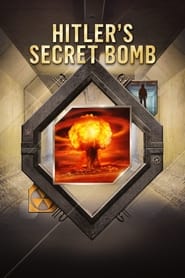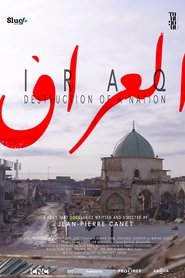Popular War Politics TV Series on Pantaflix - Page 105
-
The Prisoner
2024
The Prisoner
2024
General Ismail's military record, which is filled with top-secret information, raises concerns about him, so years after his death is announced, a secret organization sends someone to try and look into his history. -
Najla
2020
Najla
2020
The story of the Najla series took place in 1979, and a girl promised a boy in love in that turbulent and insecure situation that if the boy wanted to cross the border between Iran and Iraq and visit Arbaeen, he would reciprocate his love for her. He will answer in the affirmative. You have, but it all happened along the way -
Последний бой
2018
Последний бой
2018
-
Tank Eaters
2024
Tank Eaters
2024
star 7An innovative look at the holy defense era, which portrays the relationship between warriors from a different perspective and connects with real stories. -
The Eagle Corps
2015
The Eagle Corps
2015
-
Suicide Platoon
2016
Suicide Platoon
2016
A group of soldiers awaiting court martial are brought together to form an elite team of specialists during World War Two. -
Nova: Great Escape at Dunkirk
0000
star 5As France fell to the German armies in May 1940, 400,000 Allied troops were trapped on the beaches of Dunkirk. Their annihilation seemed certain—a disaster that could have led to Britain’s surrender. But then, in a last-minute rescue, Royal Navy ships and a flotilla of tiny civilian boats evacuated hundreds of thousands of soldiers to safety across the Channel—the legendary “miracle of Dunkirk.” -
Mayhem! The Secret Lives of the Georgian Kings
2024
star 8The Georgian Kings belong to one of the most dysfunctional royal dynasties in British history. Loved and loathed by the public in equal measure, their scandals, back-stabbings, feuds and betrayals shaped an entire era of British history. This is a true-life Succession for the 18th Century. -
虾球传
1982
虾球传
1982
-
The World War: 1914-1945
2022
star 2An original and dramatic series that views the most violent and significant episodes in modern history from a fresh perspective – not as two world wars, but as a continuous narrative of error, ambition, revolution and courage. An expert re-examination of history forms links and conclusions that tie the entire war period together and, with the benefit of hindsight, pieces together how the world went and stayed at war for so much of the 20th century. -
Alexander Garden
2006
-
VICE Terror
2016
VICE Terror
2016
Suroosh Alvi investigates the global jihadi movement: traveling to some of the most volatile countries, he speaks to victims, activists, government officials and fighters on both sides of the War on Terror to discover the line between isn't always clear. -
High School Radical
2025
High School Radical
2025
-
Lutung Kasarung
2004
-
Prócer
2023
Prócer
2023
-
Hitler's Secret Bomb
2021
Hitler's Secret Bomb
2021
star 6.5In the pivotal struggle for WWII victory, the race to develop the first atomic bomb was critical to secure world dominance; now, experts reveal new evidence behind Nazi Germany's top-secret and cutting-edge development of catastrophic nuclear weapons. -
Jurus Halilintar
2004
-
Iraq, Destruction of a Nation
2021
star 8.8The evolution of the former Saddam Hussein's Baathist regime, from the start of the 1980's Iran-Iraq war to the excalation of the ISIS/Daesh insurgency. in the 2000s.
 Netflix
Netflix
 Amazon Prime Video
Amazon Prime Video
 Apple iTunes
Apple iTunes
 Apple TV Plus
Apple TV Plus
 Disney Plus
Disney Plus
 Google Play Movies
Google Play Movies
 Paramount Plus
Paramount Plus
 Hulu
Hulu
 HBO Max
HBO Max
 YouTube
YouTube
 fuboTV
fuboTV
 Peacock
Peacock
 Peacock Premium
Peacock Premium
 Amazon Video
Amazon Video
 The Roku Channel
The Roku Channel
 AMC+
AMC+
 Kocowa
Kocowa
 Hoopla
Hoopla
 The CW
The CW
 Vudu
Vudu
 Starz
Starz
 Showtime
Showtime
 PBS
PBS
 Pantaflix
Pantaflix
 FXNow
FXNow
 Tubi TV
Tubi TV
 Kanopy
Kanopy
 Comedy Central
Comedy Central
 Crunchyroll
Crunchyroll
 Microsoft Store
Microsoft Store
 Redbox
Redbox
 Sun Nxt
Sun Nxt
 ABC
ABC
 DIRECTV
DIRECTV
 Crackle
Crackle
 Fandor
Fandor
 Plex
Plex
